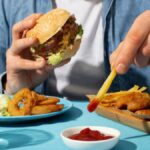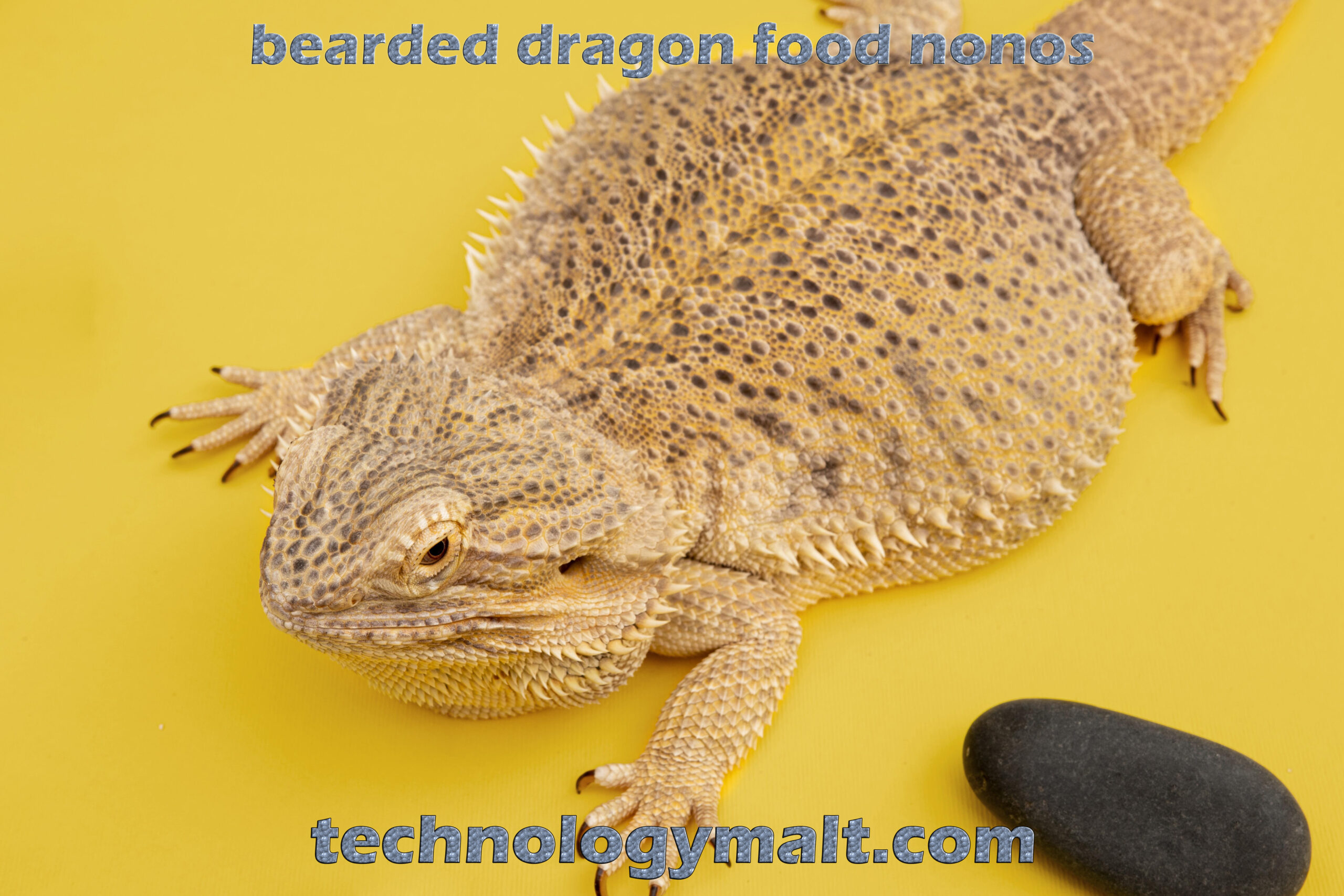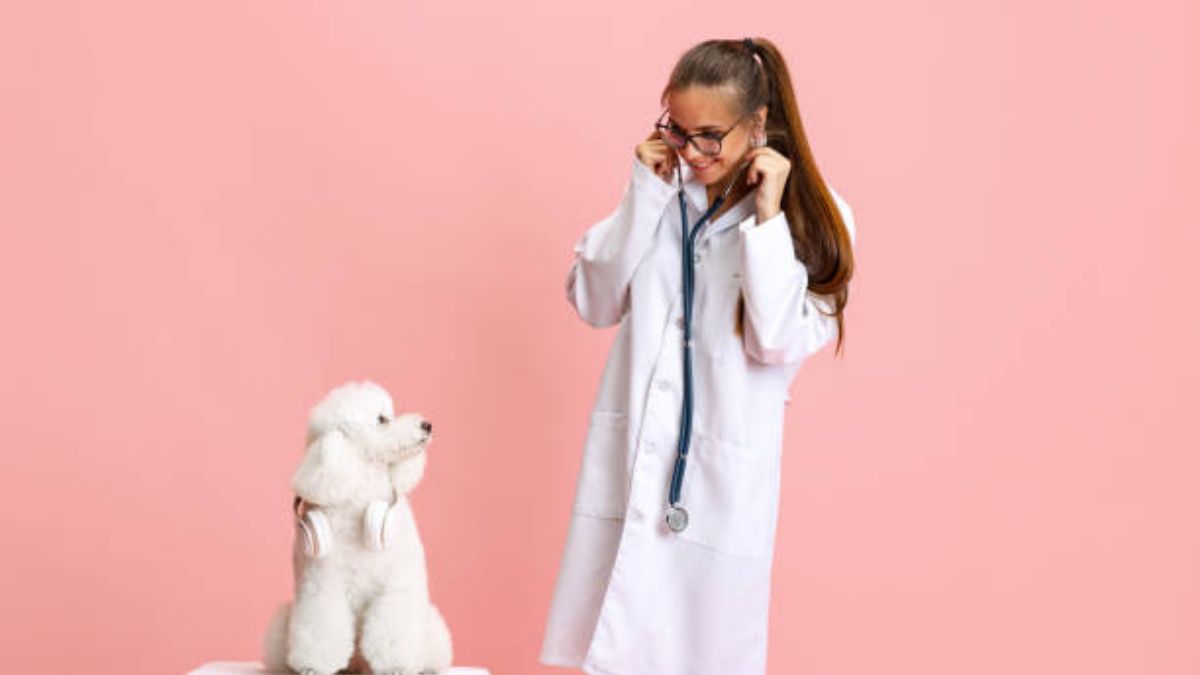Introduction
bearded dragon food nonos are captivating reptiles cherished for their unique appearance and friendly demeanor. Proper nutrition plays a pivotal role in ensuring their health and happiness. However, many pet owners are unaware of which foods can be detrimental. This article will delve into the key foods to avoid and explain why these choices can undermine your pet’s health.
Understanding Bearded Dragon Diet
Bearded dragons are omnivores, meaning they thrive on both plant and animal matter. Consequently, a well-balanced diet is crucial for their growth, energy levels, and overall health. By comprehending what constitutes a nutritious diet and what should be avoided, you can significantly improve your bearded dragon’s quality of life. Knowing the food no-nos allows you to make informed choices and maintain your pet’s optimal health.
High-Fat Foods
One major category to avoid is high-fat foods. Consuming too much fat can lead to obesity and related health issues in bearded dragons. For instance, avocados, high-fat insects like waxworms, and fatty meats pose considerable risks. Although these foods might appear convenient, they can adversely affect your pet’s health.
High-fat foods contribute to metabolic disorders and reduced life expectancy. To counteract these issues, transition to a diet low in fat and high in essential nutrients. Opting for leaner insects and vegetables with lower fat content will help maintain your bearded dragon’s health. Therefore, making these dietary adjustments is crucial for your pet’s long-term well-being.
Oxalate-Rich Vegetables
Oxalates are naturally occurring compounds found in various plants. Excessive consumption of oxalate-rich vegetables can lead to kidney problems and other health issues. Common vegetables high in oxalates include spinach, kale, and beet greens.
While these vegetables offer some nutrients, they should be given in moderation. To ensure a balanced diet, provide a variety of vegetables that are low in oxalates. Consider alternatives like collard greens, mustard greens, and dandelion greens, which offer similar nutrients without the harmful effects of oxalates. Thus, incorporating a range of vegetables will support your bearded dragon’s health more effectively.
Exoskeletons
Insects play a significant role in a bearded dragon’s diet, but not all insects are suitable. Insects with hard exoskeletons, such as beetles and cockroaches, are difficult for bearded dragons to digest. These insects can cause digestive issues and potentially lead to impaction if consumed in large quantities.
Instead, provide insects with softer exoskeletons like crickets, mealworms, and dubia roaches. These insects are easier to digest and offer the necessary protein and nutrients for your pet. Always ensure that insects are appropriately sized to avoid choking hazards. By making these adjustments, you can enhance your bearded dragon’s dietary regimen.
Fruit with High Sugar Content
Fruits can be a delightful treat for bearded dragons, but those high in sugar should be avoided. Excessive sugar intake can lead to obesity, diabetes, and other health complications. Fruits such as bananas, grapes, and cherries contain high sugar levels and should be given in moderation, if at all.
Instead, opt for fruits with lower sugar content, such as strawberries and blueberries. Offer these fruits as occasional treats and ensure they are chopped into small, manageable pieces. By balancing fruit intake with a variety of vegetables and proteins, you will help maintain your pet’s health. Consequently, your bearded dragon will enjoy a more balanced and nutritious diet.
Dairy Products
Dairy products are unsuitable for bearded dragons because they cannot digest lactose. Offering milk, cheese, or yogurt leads to digestive issues such as diarrhea and discomfort. Bearded dragons lack the necessary enzymes to break down lactose, making dairy products harmful.
Focus on providing a diet that includes appropriate proteins, vegetables, and fruits, and avoid all dairy items. A well-balanced diet tailored to your bearded dragon’s needs prevents digestive problems and supports overall health. Excluding dairy from their diet is essential for their well-being.
Processed Foods
Processed foods are generally inappropriate for bearded dragon food nonos. These foods often contain artificial additives, preservatives, and excessive sodium, all of which can be harmful. Avoid giving human snacks, fast food, and commercial pet treats.
Instead, offer whole, fresh foods that resemble their natural diet. Providing a variety of vegetables, fruits, and insects ensures a well-rounded and nutritious diet. Regularly rotating the types of foods you offer keeps your bearded dragon engaged and healthy. By avoiding processed foods, you contribute to your pet’s long-term health and vitality.
Avoiding Pesticides and Chemicals
When you feed your bearded dragon, ensure that the food is free from pesticides and chemicals. Many fruits and vegetables contain substances that can be toxic to reptiles. Always wash produce thoroughly before you offer it to your pet.
Consider sourcing organic produce or growing your own vegetables to minimize exposure to harmful chemicals. Providing a clean, safe food source significantly contributes to your bearded dragon’s health and well-being. Ensuring that their diet remains free from contaminants is a critical aspect of responsible pet ownership.
Conclusion
Maintaining a healthy diet for your bearded dragon food nonos involves avoiding certain foods and understanding their effects. By steering clear of high-fat foods, oxalate-rich vegetables, insects with hard exoskeletons, sugary fruits, dairy products, processed foods, and foods with pesticides, you ensure your pet’s well-being. A balanced diet that includes appropriate proteins, vegetables, and fruits, along with regular insect feedings, is key to your bearded dragon’s health.
Proper nutrition forms the foundation of a long, healthy life for your bearded dragon. Being informed about what to avoid allows you to provide a diet that supports their growth and vitality. Consequently, your bearded dragon will thrive, reflecting the care and attention you invest in their dietary choices.











